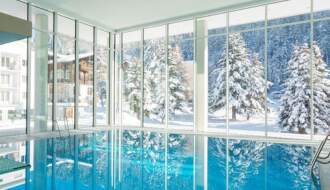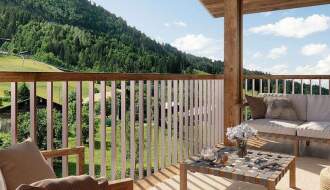The Japanese way of life is underpinned by key philosophies and every country and to an extent each resort offers something unique to complement the universal appeal of great skiing, stunning views and exceptional food.
Whether you choose to own a ski home in Niseko, the alps or the US, the mountains offer a host of opportunities to fully embrace and enjoy the things that make life wonderful.
For this article we’ll take a close look at how Japanese philosophy can help you create a mountain sanctuary that nourishes every aspect of your life.
The Philosophical Foundations
Principles of Japanese philosophy are becoming more familiar. International travel and trade mean that insight and understanding of the key tenets of Japanese culture are becoming more understood and admired.
Here are eight key Japanese philosophies that will help you create a truly nourishing mountain retreat.
Kaizen – continuous improvement
Derived from two Kanji words – Kai , meaning change and Zen, meaning good, Kaizen is likely to be one of the most familiar philosophies. In a nutshell, it refers to the idea of continuous improvement through small continuous change.
Ikigai – finding your purpose
Ikigai threads through every aspect of life. Whilst “finding your purpose” sounds a little intimidating, it simply comes down to seeking to understand your central values and drivers and using those to guide your day-to-day life.
Wabi-Sabi – the beauty of imperfection
Wabi-Sabi is a tricky one to pin down. At its heart is the beauty of imperfection, with a strong pull to understanding and embracing the transience of life. Appreciating and embracing the beauty of natural ageing is a key practice for this concept.
Kintsugi – golden joinery
The art of repairing damaged objects with gold is a wonderful metaphor for appreciating what we have, and what we have experienced. Employing the practice of kintsugi means a damaged item becomes even more beautiful – how fantastic is that?
Shinrin-Yoku – forest bathing
Coined in the 1980s to describe the practice of healing through immersion in nature, Shinrin Yoku is about seeking nourishment from nature as often as possible, even if time is short.
Mono-No Aware – the bittersweet nature of being
Mono-No Aware centres on acceptance. There is a calm melancholy running through this concept that leads to increased self-awareness and understanding.
Omotenashi – the value of detail
If you’ve ever wondered why Japanese hospitality is so outstanding, Omotenashi is the answer. This philosophy focuses on attending to the details that will meet (and exceed) the needs of others.
Shuhari – mastering your craft
Rooted in martial arts, Shuhari focuses on the need to master the techniques of your craft before developing your own style.
Putting Japanese Philosophy into practice in you ski home
Kaizen and the Continuous Improvement of Your Ski Home
Small continuous improvement will help you create a ski home that meets your needs and evolves as those needs change. Simple things like improving storage for your ski room or making your seating area feel more cosy will help you create a space that is a true sanctuary.
By starting with minor adjustments and consistently implementing these changes over time, your ski home gradually evolves into a more functional and enjoyable space.
Engaging everyone who shares the home, seeking feedback, and embracing creativity means the space becomes a home that works for all the people who seek to enjoy it. Keeping a close eye on the small improvements means that maintenance and enhancement is an ongoing process, rather than an overwhelming burden.
Ikigai: Finding Your Purpose in a Mountain Retreat
Time in the mountains is a superb way to rediscover what is important to you – your Ikigai. The majesty of the landscape delivers a sense of perspective, and the sheer beauty of your surroundings can be harnessed to calm your mind and focus on what your true sense of purpose is.
These principles are incredibly useful when it comes to buying and equipping your ski home. You may choose to design your ski home to support your health and fitness, or perhaps to create a space that lends itself to large family gatherings. Maybe you need space to start work on the novel that’s burning inside you, or to develop your passion for painting.
Whatever your Ikigai looks like, the mountain setting is a perfect place to gain the balance and insight to truly embrace your purpose. Consider these values and lifestyle goals when you embark on your hunt for a ski property, so your purpose can flourish.
Wabi-sabi and the Beauty of Imperfection
Our view of beauty can become clouded by the pressure to buy the latest things and to meet perceived expectations. Wabi-Sabi offers an alternative.
By seeing the beauty in imperfection and ageing, you can enjoy features like the depth and patina that wood acquires with age, or the faint wine stain on a cushion that reminds you of a gloriously enjoyable night with your family. Seeing beauty in imperfection asks us to move beyond the expectation of uniformity, to embrace the pattern of life with dignity and appreciation.
When looked after with a mindset of Wabi-Sabi your ski home becomes a living memento of happy moments and a celebration of a life well lived.
Kintsugi: Repair and Restoration with Meaning
Adopting the philosophy of Kintsugi means understanding that a damaged object can become even more beautiful through careful repair. Thoughtful and considered restoration of your ski home can create a space that is functional, beautiful and the embodiment of respect to heritage.
The philosophy of Kintsugi can enhance everything from the smallest chip in a cherished vase, to the repair of an old stone floor.
This philosophy can help move away from the constant quest for “new” to a renewed appreciation of what we already have.
Shinrin-yoku: Immersing Yourself in Nature
A home in the mountains gives you a head start when it comes to Shinrin-Yoku and a little attention will help you to fully embrace this nourishing practice. The key to gaining the most from this concept is to train your mind to focus on the details of nature as part of your everyday life. Being aware of the feel of the sun on your face, the sensation of the wind through your hair creates an awareness of nature that can be lost in the busy pace of modern life.
Being in the mountains makes this simple, but care must also be taken to really pay attention to the details of nature and the numerous moments that are offered to enjoy every day.
Practising Shinrin-Yoku can go beyond attending a formal class or being part of a daily walk. It can be enjoyed on a trip to get groceries or simply stepping out onto your porch or balcony to truly embrace the beauty around you.
Mono no aware and the Transient Beauty of Seasons
Owning a home in the mountains gives you the opportunity to embrace the rhythm of the seasons. When you live somewhere you gain micro-insights into how your environment behaves.
You know that a particular tree will blossom at a particular time or know when you might hear the return of a migratory bird. This level of awareness helps build a meaningful connection with your surroundings, and a greater appreciation of the ever changing natural cycles.
Omotenashi: Hospitality in Your Mountain Home
Omotenashi has its roots in Sado – the famous tea ceremony – and simply means looking after guests wholeheartedly.
Wherever you stay in Japan, be it a high end Ryokan or simple business hotel, you’ll enjoy a spirit of welcome and thoughtfulness. As a host, for friends or paying guests, adopting the practice of Omotenashi will enhance the experience for both you and your guests.
Omotenashi is about small, thoughtful gestures such as providing an amenity basket with all those essentials that are easily forgotten in the flurry of packing, or a welcome pack to make your guests’ first night as relaxing as possible.
If you are sharing your home with families, then touches like a selection of family friendly films, or children’s size dining ware will make your guests feel cared for in a way that goes beyond their expectations.
The simplest way to get into your guests’ mindset is to imagine yourself in your home for the first time – what would you need to know? Would you want an extra blanket to keep you snug on the sofa? Would you find that superb yakiniku place without anyone telling you?
Seek to give your guests the very best experience, and then add a little more.
Shuhari: Mastering the Ski Home Lifestyle
Living in a new environment takes practice, particularly if you’re in country that is foreign to you. Taking the principle of Shuhari will give you time to understand aspects of your new home before making any big changes.
You’ll find it useful to understand local customs and understand any particular bugbears that full time residents have. Small insights, and a willingness to learn about the place you’re living in will help you build positive relationships and lasting friendships.
On a practical level, you may have things to learn about managing a second home for the rental market, or about the kind of maintenance that is particular to a home in the mountains.
Taking time to master these skills means a smooth and enjoyable experience for you and your neighbours and will give insight into innovative ways to improve and enhance your life in the mountains.
Conclusion
Learning, understanding, and applying Japanese philosophies can bring enrichment and harmony to both you and your property.
Being able to embrace imperfection and see beauty in flaws will reduce stress and the endless need to consume. Seeking to serve and welcome you guests in accordance with principles of Omotenashi gives a sense of fulfilment, and level of experience that will encourage guests to return.
Adopting the level of attention to nature that Shinrin-Yoku suggests means you’ll never lose that sense of wonder that the mountains first gave you, and you’ll always have a way to manage the stresses and strains of everyday life.
Get in touch
If these philosophies chime with your own, then it’s easy to incorporate them into your search for your perfect mountain home. Pay attention to the details that will help you achieve your Ikigai and adopt the philosophy of Wabi-Sabi to calm the voice that needs material perfection.
The simple pursuit of harmony can have a restorative and ongoing impact on perspective and purpose. Whether you choose to immerse yourself in the Japanese lifestyle by finding a new ski home in Niseko, or simply adopt these principles to inform your property buying decisions elsewhere, the team at SnowOnly are on hand to help you achieve harmony, joy and fulfilment from your new home in the mountains.
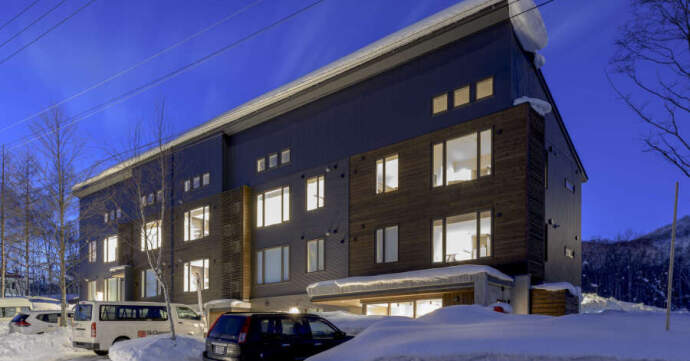
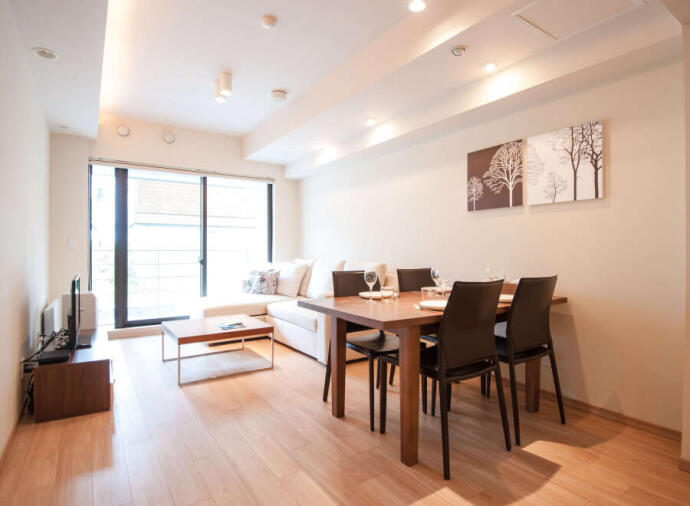
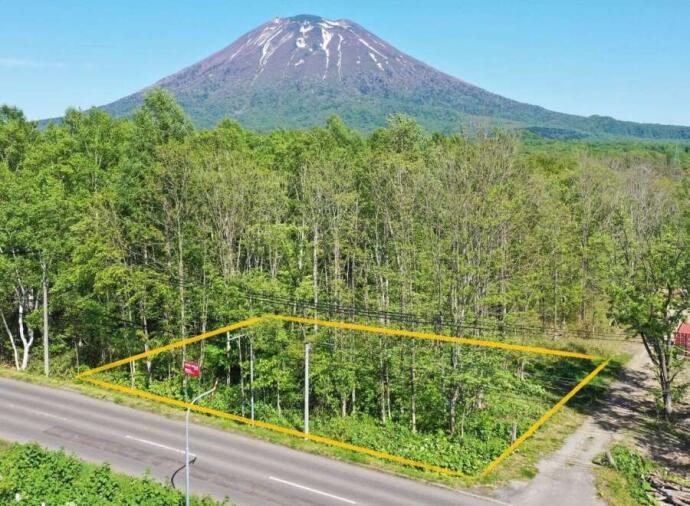
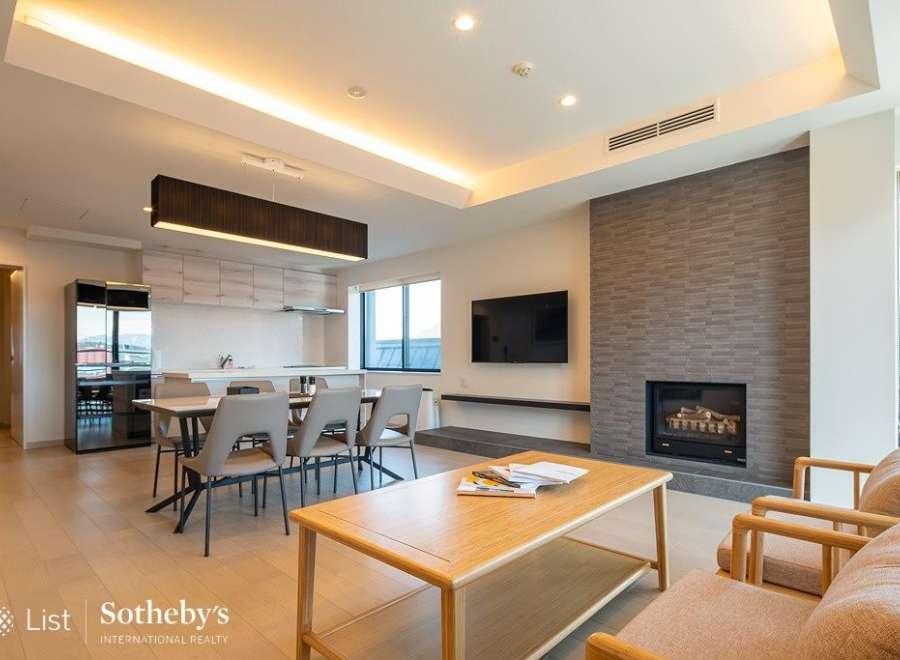
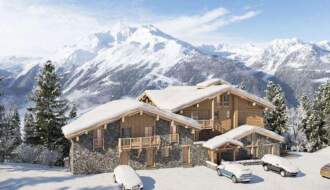
 Apr 29, 2024
Apr 29, 2024
